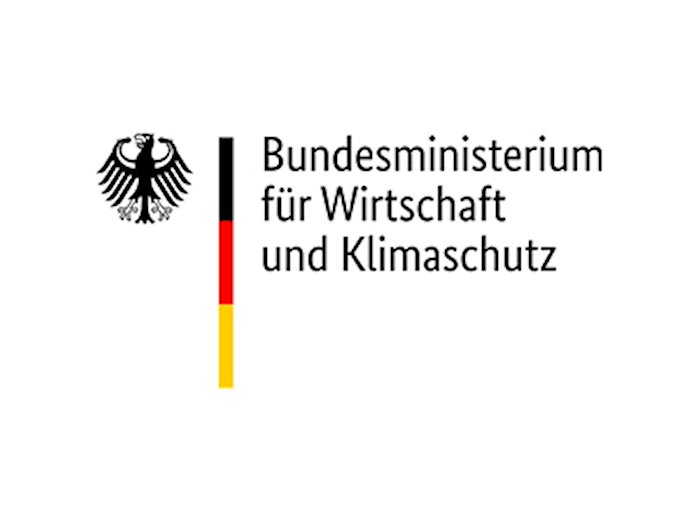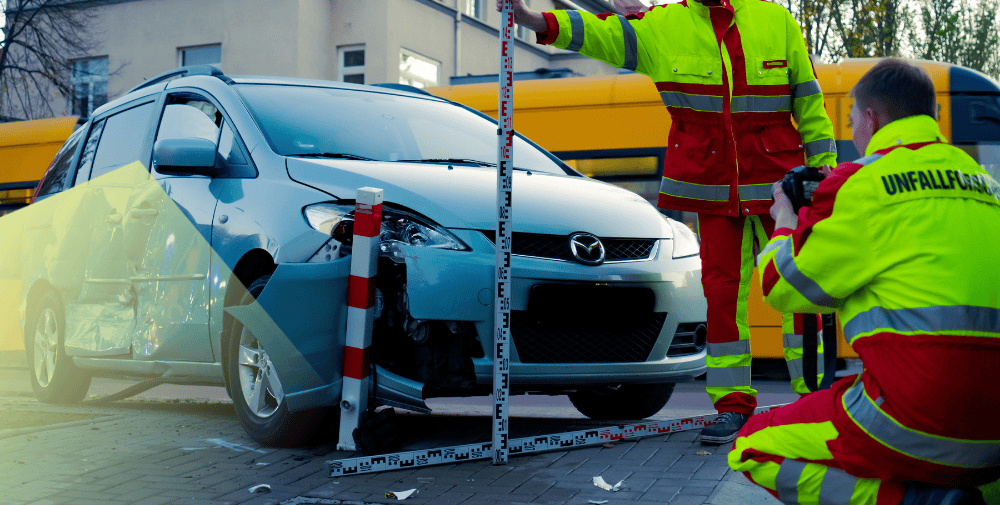
Vice-Chancellor and Federal Minister for Economic Affairs and Climate Protection Dr. Robert Habeck: “With the approval of the EU Member States, long and intensive negotiations have come to a successful end. The AI Regulation is intended to ensure that we in Europe leverage the enormous potential of AI while also taking risks into account. The AI Regulation has achieved this balance. To this end, we have been intensively involved in the negotiations. When implementing the rules, we will focus on innovation-friendliness, legal clarity for companies and lean, low-bureaucracy structures – for a strong AI location in Europe.”
Federal Minister of Justice Dr. Marco Buschmann: “Today is a good day for innovation and fundamental rights in Europe. Today, the Permanent Representatives Committee has adopted the AI Regulation. The decision paves the way for a secure legal framework for artificial intelligence that promotes innovation and at the same time adequately addresses risks in its application. The regulation strikes a balance between innovation and risk protection. Internationally, this legal framework is a first – making Europe a pioneer. However, it is also clear that we need to monitor and evaluate developments in the field of AI. This is the only way we can ensure the balance between innovation and risk protection in the future.”
The Federal Ministry of Economic Affairs and Climate Protection and the Federal Ministry of Justice are responsible for representing the German position in the European negotiations on the AI Regulation.
The following milestones were achieved:
It is clarified that the AI Regulation is a product regulation that does not relate to research and development activities. At the same time, the regulation lays the foundation for the development of application-oriented AI in Europe.
Social scoring using artificial intelligence and emotion recognition in the workplace will not take place in Europe. The regulation contains strict and restrictive requirements for remote biometric identification and prevents widespread biometric surveillance.
This also reflects the risk-based approach pursued by the AI regulation: The higher the risk, the stricter the obligations. While AI systems with an unacceptable risk (such as social scoring) are completely banned and strict technical and organizational requirements apply to high-risk AI systems, low-risk applications are only subject to certain transparency and information obligations.
Special regulations will also apply to generative AI, namely so-called AI models with a general purpose, including those that generate content such as texts and images. Particularly powerful AI models with systemic risk will be subject to stricter requirements.
Codes of practice will be developed together with model providers and stakeholders until standards and thus harmonized European norms can be used later. This takes account of the highly dynamic development of AI and ensures, among other things, that users have the information they need. The obligations are also limited and designed to be as practicable as possible as a result of the Federal Government’s commitment.
Transparency will also make it easier for small and medium-sized enterprises to use AI. Overall, the interests and needs of SMEs and start-ups will be given greater consideration – including through the rules for real-world laboratories introduced by the German government, which create scope for testing innovations.
The European Parliament and a Council formation must formally approve the AI Regulation before it enters into force. The regulation will enter into force on the 20th day after publication in the Official Journal of the EU and will generally apply 24 months later. However, some provisions will also apply earlier: the bans will take effect after just six months, while the provisions on general purpose AI models will apply after 12 months.
In the upcoming implementation, the German government will work with the other member states and the Commission to find a solution that is low in bureaucracy and innovation-friendly.
– – – – – –
Further links
👉 www.bmwk.de
Photo: pixabay




